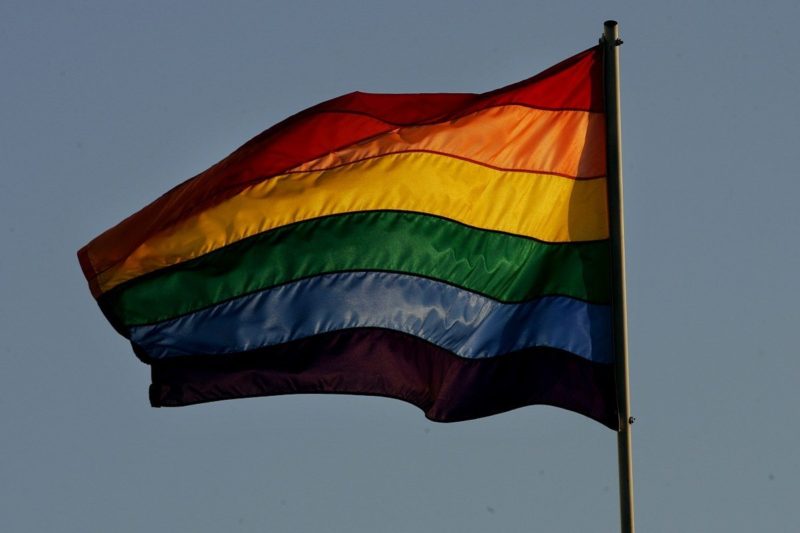Judge Blocks Mississippi ‘Religious Freedom’ Law, Calling it Discriminatory
"But HB 1523 does not honor that tradition of religion freedom, nor does it respect the equal dignity of all of Mississippi’s citizens. It must be enjoined," U.S. District Judge Carlton W. Reeves wrote.

A U.S. District Judge temporarily blocked a sweeping and controversial Mississippi “religious freedom” law late Thursday, calling the legislation “arbitrary discrimination against lesbian, gay, transgender, and unmarried persons.”
“The State has put its thumb on the scale to favor some religious beliefs over others,” U.S. District Judge Carlton W. Reeves wrote in a 60-page decision issued hours before HB 1523 was set to go into effect.
Reeves ruled that the bill violated the First and 14th Amendments by allowing individuals, religious organizations, and some government employees with “sincerely held religious beliefs” to deny services to, as Reeves wrote, “lesbian, gay, transgender, and unmarried persons,” potentially gutting certain privileges and legal protections—such as those stemming from the 2015 Supreme Court decision legalizing same-sex marriage.
The bill was authored by Mississippi House Speaker Philip Gunn (R-Hinds), who had called the high court’s legalization of marriage equality “in direct conflict with God’s design for marriage as set forth in the Bible,” as the Washington Post reported.
“Religious freedom was one of the building blocks of this great nation, and after the nation was torn apart, the guarantee of equal protection under law was used to stitch it back together,” Reeves wrote in his decision.”But HB 1523 does not honor that tradition of religion freedom, nor does it respect the equal dignity of all of Mississippi’s citizens. It must be enjoined.”
The legislation, known as the Protecting Freedom of Conscience from Government Discrimination Act, was signed into law by Republican Gov. Phil Bryant in April, after clearing the Republican-controlled House and Senate.
The measure enshrined three religiously held tenets: that gender is determined at birth, that marriage is between a man and a woman, and that sex is “properly reserved” for heterosexual marriage. It determined that housing, employment, and adoption decisions could be made based on those religious beliefs.
A swift national and state-level outcry followed the passage of HB 1523, with 80 CEOs, among others, calling for its repeal as “bad for our employees and bad for business,” according to the court documents. The law had been challenged in Barber v. Bryant and Campaign for Southern Equality v. Bryant.
The state has not said whether it will appeal Reeves’ ruling. If the state does not appeal, the temporary order becomes permanent after another hearing.
“I am grateful that the court has blocked this divisive law,” said Rev. Susan Hrostowski, an Episcopal priest and a plaintiff in the Campaign for Southern Equality case. “As a member of the LGBT community and as minister of the Gospel, I am thankful that justice prevailed.”
The injunction Thursday follows a ruling earlier this week by Reeves, a 2010 Obama appointee, which blocked a provision in HB 1523 allowing circuit clerks to deny marriage licenses to same-sex couples, as the Washington Post reported. Twenty months prior, Reeves had struck down the state’s statutory and constitutional bans on same-sex marriage.

